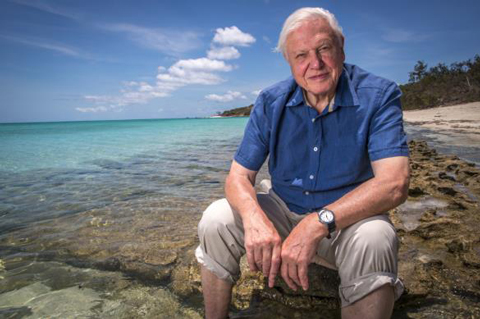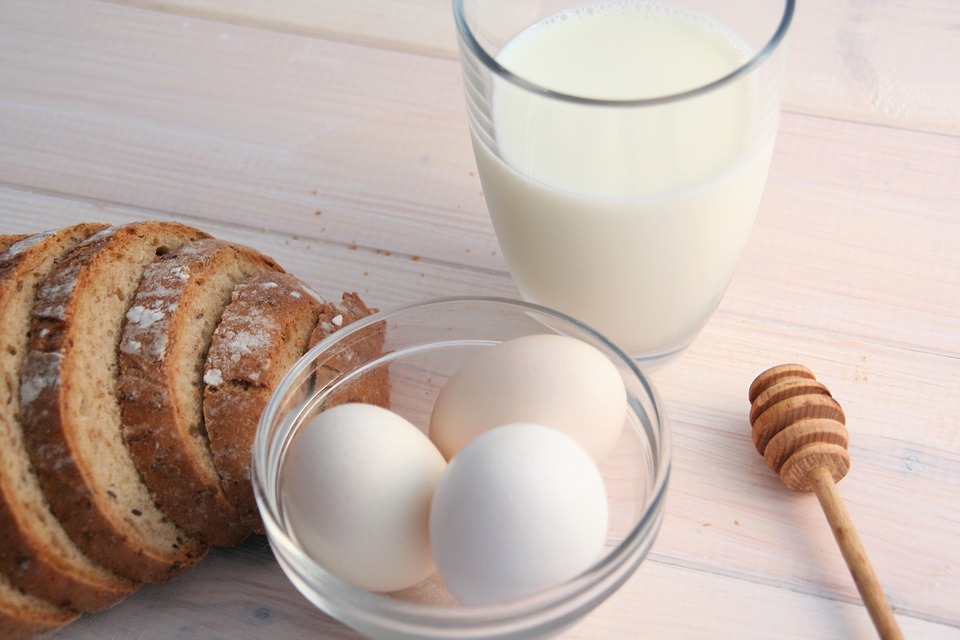Eating meat is harming our planet. This is a shame, as I love meat; however, with the UN branding it as the ‘world’s most urgent problem,’ it looks like we could all do with a change of diet.

Evidence for the UN’s claim is overwhelming. Humans eat approximately 230 million tonnes of meat a year, which is double the amount we consumed 30 years earlier. Intensive breeding of livestock places an enormous stress on ecological systems. In 2006 the UN calculated that livestock farming contributed to approximately 18% of greenhouse emissions worldwide. In context, this means that the demand for meat places more pressure on the environment than the combined contributions of planes, cars and all forms of transport.

It is for this reason that David Attenborough expresses such a growing reluctance to consume meat. While undoubtedly sharing an affinity with the animals he has dedicated his life to, Attenborough claimed that it was the ‘state of the planet’ that motivated him to cut-back on the amount of meat he eats:
“I haven’t been a doctrinaire vegetarian or vegan, but I no longer have the same appetite for meat. Why? I’m not sure. I think subconsciously maybe it’s because of the state of the planet.”
Attenborough’s evasion of the labels ‘vegetarian or vegan,’ while still consciously cutting-back on his meat consumption fits him into the category of a ‘flexitarian.’ Also known less-memorably as ‘reducetarians’ or ‘lessertarians,’ the flexitarian diet is mainly plant-based, while allowing a degree of flexibility for the occasional incorporation of meat.
The appeal of such a diet is obvious. Many consider the complete eradication of steaks, hamburgers and Christmas turkey from their lives as too drastic a change, totally incompatible with their existing lifestyle. However, in offering a flexible approach to meat consumption, flexitarianism provides a manageable middle-ground between carnivorous gorging and a total reliance on plants. Rather than a ‘cold turkey’ elimination of meat altogether, the flexitarian diet offers a more encouraging and sustainable path towards vegetarianism, while acknowledging the gnawing withdrawal symptoms that often come with a radical change of diet.
Of course a big concern of anyone seeking to cut-back on their meat consumption lies in the question of where their protein will come from. The Dietary Reference Intake encourages consuming 0.8g of protein for every kilogram of body weight. This amounts to roughly 46g of protein per day for women, while men are encouraged to eat slightly more at 56g per day. Interestingly, research from Oxford University in 2010 found that meat eaters on average eat well above the recommended level of protein. As such, cutting back on meat is unlikely to trigger severe protein deficiencies, but rather regulate intake down to the recommended level.
Part of the reason for this over-consumption of protein may lie in its existence within foods that are not meat. For example, eggs and dairy products contain high levels of protein, with a single hard-boiled egg containing approximately 7g of protein, and 100g of cheddar cheese containing around 25g of protein. Greek yoghurt is another excellent source, with about 6g of protein contained within each 100g of yoghurt. As such, it takes less meat than many people believe for the human body to reach its recommended protein intake, which is reasonably attainable through a variety of alternative vegetarian foods.

For those seeking to remove all animal-sourced products from their diets, excellent plant-based proteins include grains such as oats, barley, rice and quinoa, all of which can be used to bulk out a meal and leave you feeling full. Similarly lentils, pulses and beans offer another hearty alternative to meat, with just 100g of boiled lentils containing around 9g of protein. Soy proteins such as tofu and soya beans also offer a low-calorie, high-protein alternative to meat, with 100g of tofu providing 8g of protein, and 100g of soy beans offering 15g. Proteins can also be easily incorporated into snacking, with nuts and seeds providing a healthy source of amino acids in between meals. Almonds, cashews, chia seeds and flax seeds are all popular snacks for maintaining protein levels throughout the day.
Alternatives to these natural sources of protein are the newly developed mycoprotein, an ingredient common to all Quorn products. While not vegan, mycoprotein offers a synthetically produced source of protein made through a process of fermentation of the fungus ‘fusarium venetatum.’ While this may not sound particularly appealing, the absence of cholesterol and trans fats that Quorn claim for their products makes them a healthier alternative to processed meats such as bacon, sausages, salamis and ham, all of which contain high levels of saturated fat and salt. Indeed, research from the World Health Organisation found that eating 50g of processed meat per day can increase the risk of colorectal cancer, adding individual health benefits to the wider environmental improvements that would be achieved by a reduction in meat consumption.
Ultimately, like any significant lifestyle change, the flexitarian approach advocates a gradual and consistent lessening of meat within one’s diet. The label acknowledges those aspiring towards vegetarianism or veganism, without alienating individuals from the all-or-nothing mentality often associated with vegetarians. Consequently in seeking to create a more sustainable world, flexitarianism offers the individual a more sustainable mentality in seeking to eliminate meat from their diet. That in itself cannot be a bad thing.
Image Credit: https://carnivorestyle.com/


